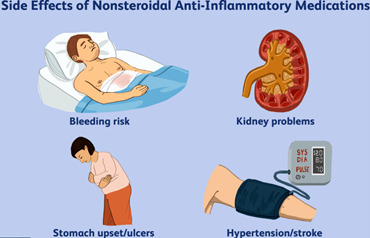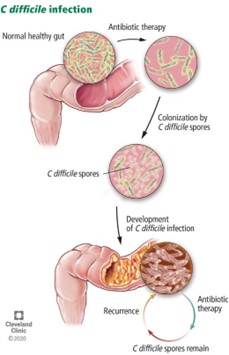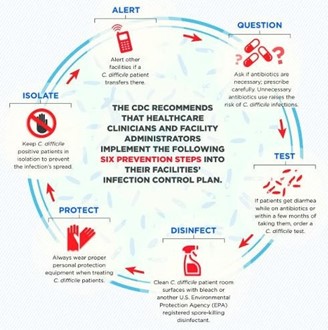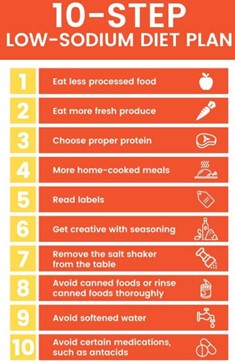The nurse is admitting a patient who is nauseated and vomiting up blood-streaked fluid with diagnosis of acute gastritis. When obtaining the admission health history, it will be most important for the nurse to ask the patient about:
frequency of nonsteroidal anti-inflammatory drug (NSAID) use.
family history of gastric problems.
recent weight gain or loss.
amount of fat in the diet.
The Correct Answer is A
NSAIDs are known to be a common cause of acute gastritis. Therefore, it is essential for the nurse to ask the patient about their frequency of NSAID use to determine if this may have caused their current symptoms. Other options such as family history of gastric problems, recent weight gain or loss, and amount of fat in the diet, may also be relevant to the patient's overall health status, but they are not as important as the potential cause of their current condition.

Nursing Test Bank
Naxlex Comprehensive Predictor Exams
Related Questions
Correct Answer is C
Explanation
Clostridium difficile is a highly contagious bacteria that can spread easily from person to person. The patient should be placed in a private room to prevent the spread of the infection to other patients. Contact isolation precautions should also be implemented, which involves wearing gloves and a gown when entering the patient's room, as well as washing hands thoroughly after leaving the room.
Options a and b are not directly related to the care of a patient with Clostridium difficile. Option d is also not directly related, although proper food handling and storage can help prevent the spread of other types of infections.


Correct Answer is A
Explanation
This meal choice is low in sodium as it contains fresh ingredients and does not include processed or pre-packaged foods that are typically high in sodium. Chicken, bread, and carrots are naturally low in sodium, and the client can control the amount of added salt or seasoning. In contrast, the other food choices are likely to be high in sodium due to added salt, cheese, or processed ingredients.
Therefore, the nurse should encourage the client to choose fresh, low-sodium foods and avoid processed or pre-packaged meals.

Whether you are a student looking to ace your exams or a practicing nurse seeking to enhance your expertise , our nursing education contents will empower you with the confidence and competence to make a difference in the lives of patients and become a respected leader in the healthcare field.
Visit Naxlex, invest in your future and unlock endless possibilities with our unparalleled nursing education contents today
Report Wrong Answer on the Current Question
Do you disagree with the answer? If yes, what is your expected answer? Explain.
Kindly be descriptive with the issue you are facing.
